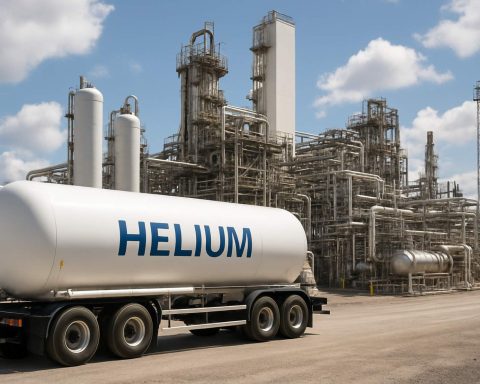Rocket Propulsion
Rocket propulsion refers to the method of generating thrust to propel a rocket by expelling matter, typically in the form of gases, at high speeds. This process is based on Newton's third law of motion, which states that for every action, there is an equal and opposite reaction. When rocket fuel is ignited, it produces hot gases that are expelled through a nozzle. The rapid expulsion of these gases creates a force that propels the rocket in the opposite direction.There are two main types of rocket propulsion: liquid propulsion, where liquid fuels and oxidizers are burned, and solid propulsion, where the fuel is in solid form. Each type has its advantages and specific applications, including space exploration, satellite launch, and military uses. Rocket propulsion systems are crucial for overcoming Earth's gravitational pull and enabling space travel. The efficiency and performance of a rocket are often measured by specific impulse, which reflects how effectively the propellant is converted into thrust. Overall, rocket propulsion is a fundamental technology in modern aerospace engineering.










